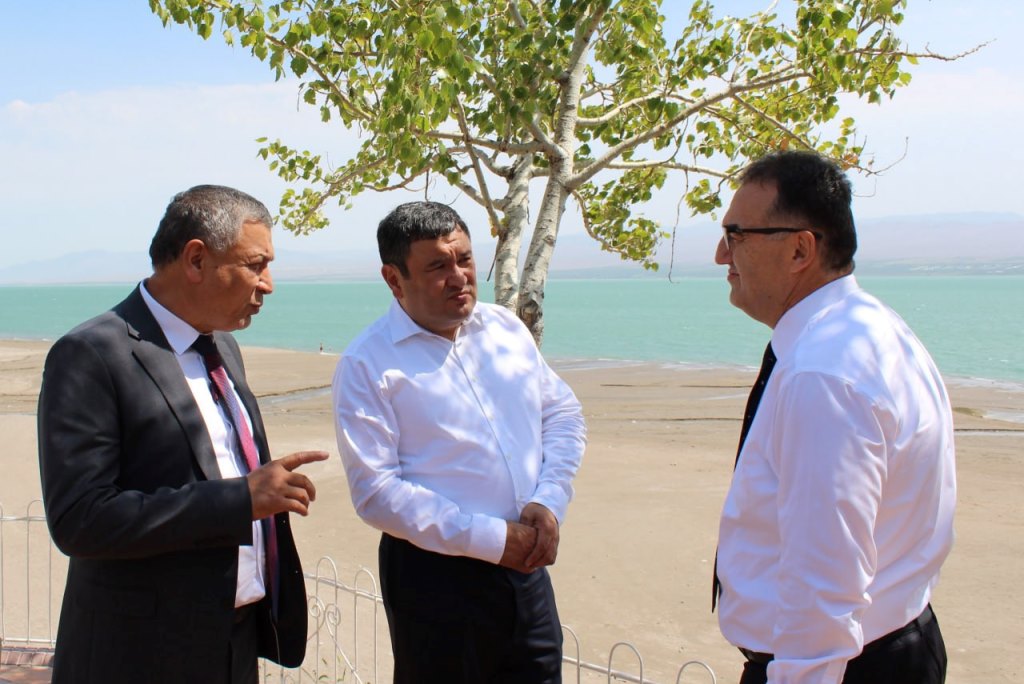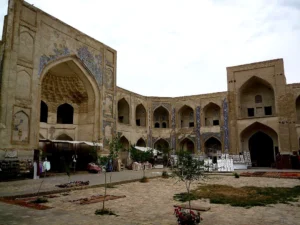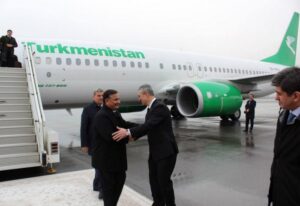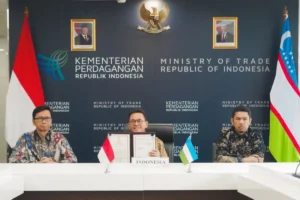Tajikistan and Uzbekistan Strengthen Energy Cooperation Ahead of Winter, Advance Reconnection to Central Asian Unified Grid

Guliston, The Gulf Observer: The Ministers of Energy of Tajikistan and Uzbekistan have agreed to strengthen coordination of their energy systems for the upcoming winter season and reviewed progress on the strategic project “Reconnection to the Unified Energy System of Central Asia.”
A working meeting was held between Tajikistan’s Minister of Energy and Water Resources, Daler Juma, and Uzbekistan’s Minister of Energy, Zhurabek Mirzamakhmudov, with the participation of senior officials and specialists from the fuel and energy sectors of both countries.
The discussions highlighted the dynamic development of bilateral cooperation under the leadership of Presidents Emomali Rahmon and Shavkat Mirziyoyev, covering multiple sectors, including energy. Particular focus was placed on ensuring smooth coordination of energy operations during the autumn-winter period of 2025–2026 and addressing the technical aspects of reconnecting Tajikistan to the regional energy grid.
Following the talks, both ministers expressed satisfaction with the current level of collaboration and reaffirmed their readiness to deepen fraternal and strategic relations for the benefit of their peoples.
Visit to Bahri Tojik Reservoir
After the meeting, the ministers visited the Bahri Tojik reservoir (Tajik Sea), a facility of strategic importance providing irrigation for Tajikistan, Uzbekistan, and Kazakhstan, and serving as the main water source for the Kairokkum Hydropower Plant (HPP). Officials underlined the reservoir’s dual role in supporting energy production and agricultural sustainability, as well as its growing appeal as a tourism destination.
Reconnection Project to Central Asian Energy System
The reconnection project, supported by a $15 million grant from the Asian Development Bank (ADB), aims to fully reintegrate Tajikistan’s power system with the Central Asian grid through interconnections with Uzbekistan. The initiative will enable stable electricity exchange, improve supply reliability during peak demand, and foster greater regional economic integration.
By creating a single energy ring, Tajikistan will be able to export surplus electricity in summer and import power in winter, thereby optimizing energy resources in the face of rising demand and climate-related challenges.


